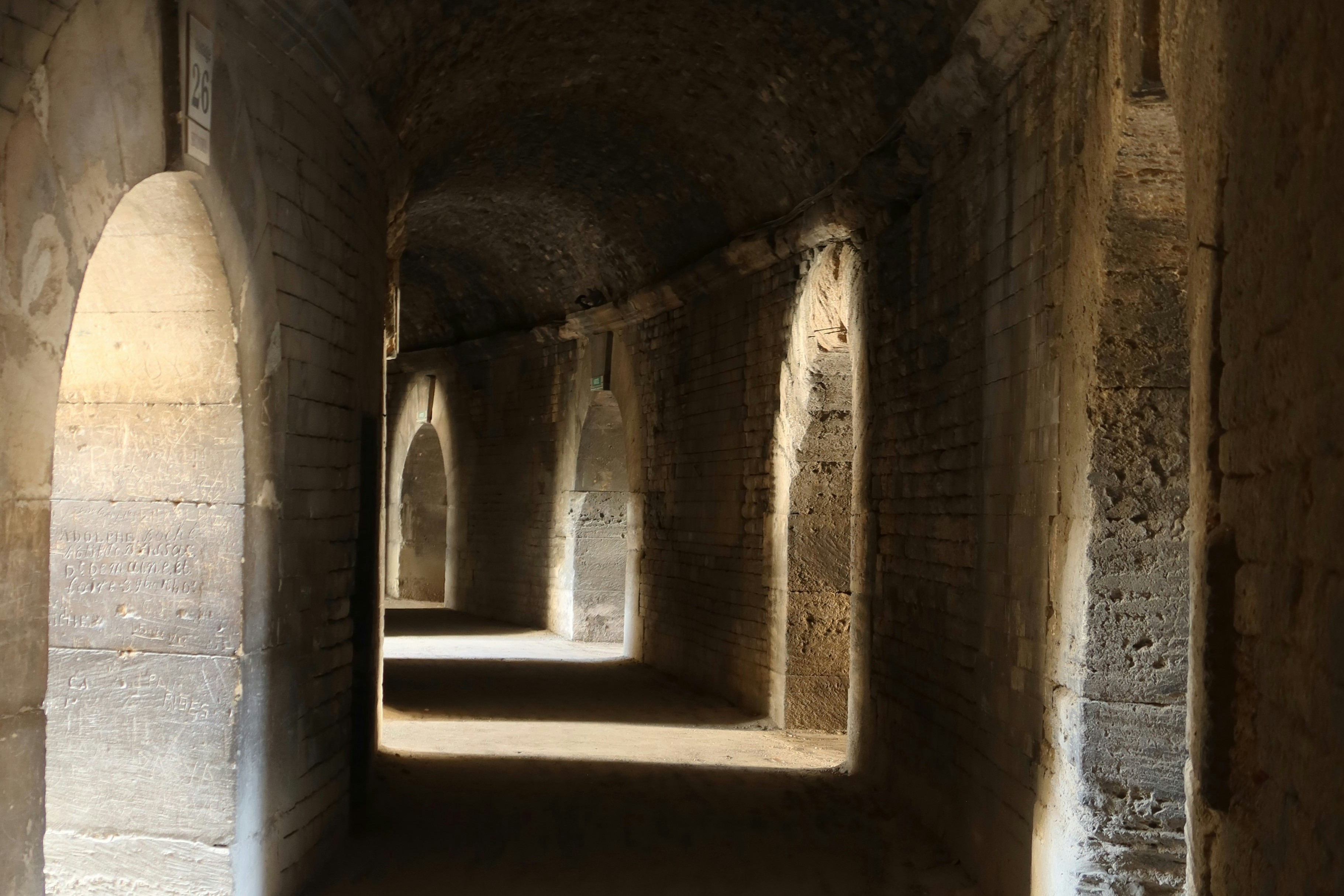
The Minotaur in His Maze (after a fragment of Helvius Cinna) by Eric Brown
Waiting, so much waiting,
At the center such stillness,
Wending the same coiled
Passageways, no sounds
But his own steaming nostrils,
Or his axe-blade dragged across
Stone. Even the Cretan rats
Have ceased their squeaks.
The only decor that changes
Is his latest defecation, new stains
Of orange urine variegating
The carved illusions of his maze.
His smell is noisome to himself,
Stale and rancid, tasting iron,
Now that he knows the scents
Of other bodies, young and supple,
Perfumed, oiled in myrrh and
Amber, mouths venting an acrid
Spice, drugs or wine or fear.
Spiraling out, he keeps his strength
Isometrically, with no fell foe left
To test and train his might.
Gone are the florid, fighting days
When Pasiphaë would send him
Some Hyrcanian tigress or brindled
Steer to spar with, after which
He would gnaw the marrowed bones.
Now the heaviness of his weapon
Hardens his hands, his chest, his arms.
And his endless walks, his skull-
Smashing charges into the winding
Walls, his bellering into the dark,
Tighten muscle enough to overcome
The passive guests arriving looped
In ropes, twisting like serpents
Within serpents.
How could he know another existed
Built, crafted, to destroy exactly him?
Educated by the centaur-son of Cronus,
The demi-horse who knew the parts
Atavistic that mix man and beast
In cleaving contradiction. The brutish cunning,
Instinctual murder, the will to destroy
Against one’s will. The parts worse still
That even the monstrous brain recognizes
As monstrous, and so flees from itself
Only to find an abyss of darkness deeper,
The unanswering void, purposeless erasure.
A warrior immersed in those secrets,
Who knew not just the surface gore,
The impaling horns, the appetite
For flesh, but the black mystery
At the insidious center, they would kill
To kill what they could not kill in themselves,
Left to ruminate on the sickness
That united them. As the touch
Of Punic Psyllus hypnotizes
The asp, whose own bite has toxins
Somniferous, so slayers of dragons
Know the mad prompting of devastation.
Hercules laid it bare, cloaking himself
In skin inseparable of Nemean lion.
Who shares the minotaur’s drive
To escape its labyrinthine prison,
Pieced together from the beginning,
With all its dark fissures, its chambers
Within chambers?
Heroes seek their own annihilation
In the monsters they encounter as
Their own abyssal selves. And so it
Goes, on and on, until the hand
Of Theseus has killed so many
Monsters, there is only monster
Remaining, and so no monsters.
That is how it goes for this one:
A winding thread, a sister’s betrayal,
A son of Aegeus in constant training
Against the winded oaf of Cnossus.
A slash of femoral artery, a blade
Inserted through ribcage, then again,
And a flourishing, incessant
Beheading of the bull.